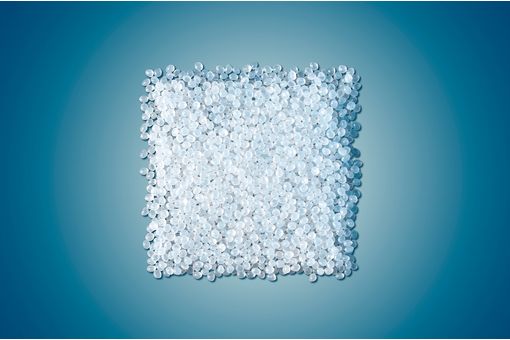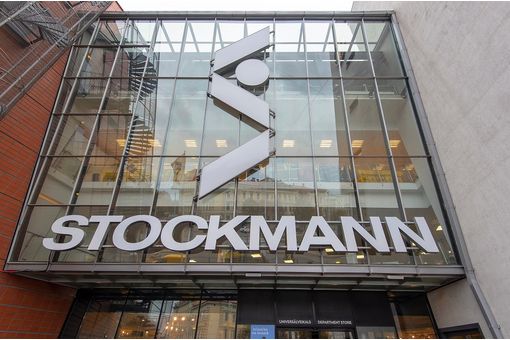Interviews
Global fashion brands' have shockingly low transparency
22 Apr '16
6 min read
The research found that only two companies (Adidas and H&M) publish details of their second-tier suppliers (fabric and yarn mills and/or subcontractors).
Twenty eight per cent of companies do not communicate about monitoring difficult issues in the supply chain (eg. improving conditions for homeworkers, eliminating forced labour, or eradicating Sumangali practices, a form of child labour)
Only 11 companies show evidence of working with trade unions, civil society or NGOs on the ground in supplier countries to improve working conditions, and H&M, Inditex, Levi Strauss & Co, Primark and PVH appear to be involved in the most multi-stakeholder initiatives.
The research found that half of the companies surveyed appear to have nothing in place to monitor where raw materials come from, or at least do no share this information publicly.
Twenty per cent of companies do not disclose how they work with non-compliant factories in order to improve conditions – Levi Strauss publishes the most information about their corrective action plans.
The research acknowledged that Levi Strauss & Co, H&M, Inditex (Zara, Pull & Bear, Bershka, etc.), Adidas and Primark are the most transparent global fashion companies, compared to the rest of the brands surveyed.
Carry Somers, continued: “The public do not have enough information about where and how their clothes are made. Shoppers have the right to know that their money is not supporting exploitation, human rights abuses and environment destruction. It was recently reported that Islamic State has taken over ¾ of the cotton fields in Syria. How do we as consumers know that we aren't supporting ISIS or slave labour with the next cotton garment we buy? There is no way to hold companies and governments to account if we can't see what is truly happening behind the scenes. This is why transparency is so essential.”
Orsola de Castro, Co-Founder of Fashion Revolution added: “Ours is not an endorsement but an illustration of what is in the public domain and what the brands voluntarily provided via a questionnaire.
We live at a time where there are many fashion contradictions, and some of the greatest offenders are also some of the greater investors in sustainable solutions”.
A team of researchers selected fashion brands based on annual turnover. Brands were assessed both via a questionnaire and by information they made publicly available.
Bryony Moore, lead researcher and Ethical Consumer Research Associate said: “The results show that while some companies are making reasonable efforts to make their supply chains more transparent, there are a large number of companies who fall far short and are still seemingly operating with little knowledge and control of their supply chain. Some companies have nothing more than a Code of Conduct.”
Popular News
Leave your Comments
Editor’s Pick
Jason Kent
British Textile Machinery Association (BTMA)
Anita Dongre & Yash Dongre
House of Anita Dongre Limited
Salvatore Piccione
Label - Salvatore Piccione
































-Ltd..jpg?tr=w-120,h-60,c-at_max,cm-pad_resize,bg-ffffff)





.jpg?tr=w-120,h-60,c-at_max,cm-pad_resize,bg-ffffff)
.jpg?tr=w-120,h-60,c-at_max,cm-pad_resize,bg-ffffff)






